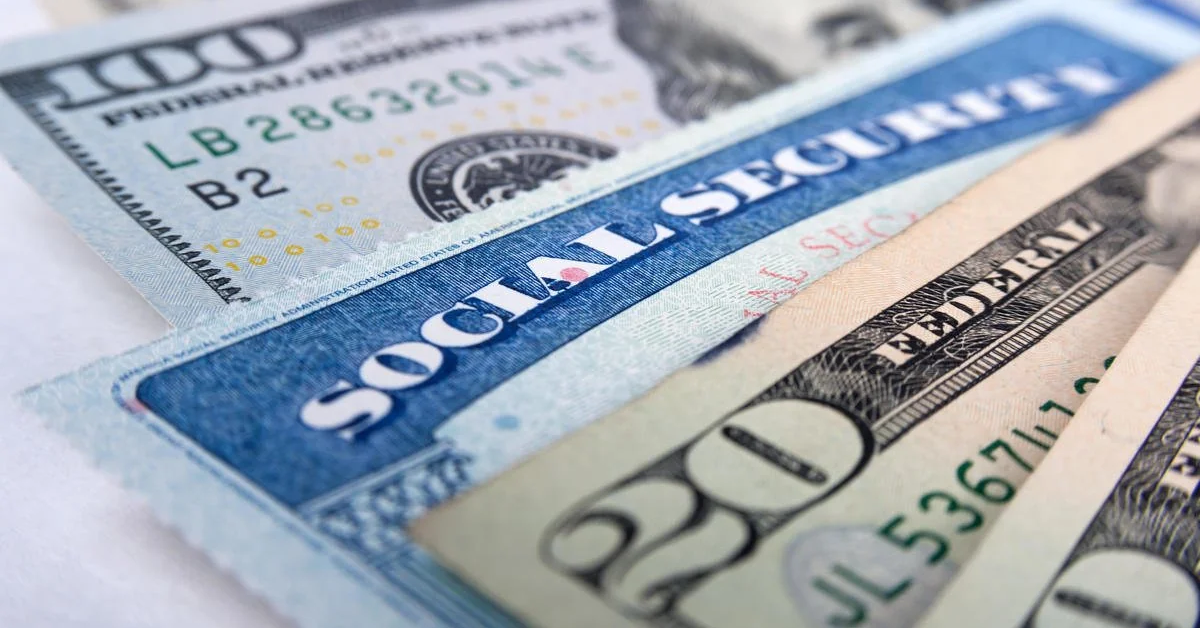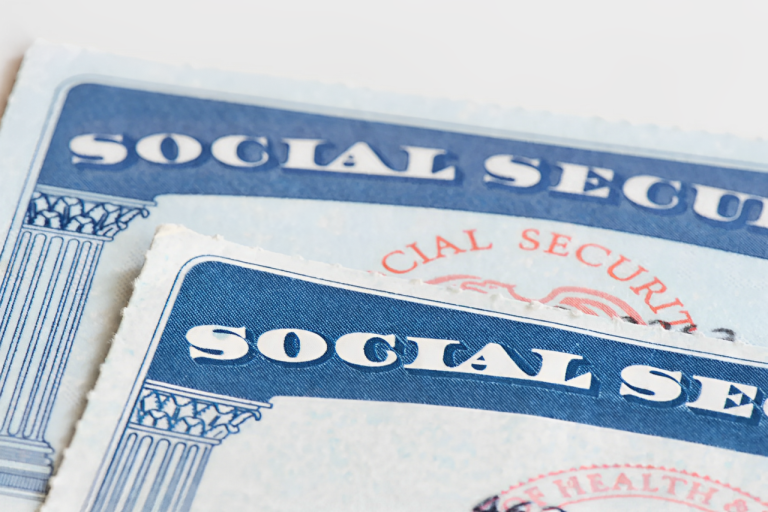The beginning of a new year often comes with many challenges, especially when it comes to financial burdens carried over from the previous year. After the holidays, many individuals face additional expenses that can make it hard to get through the first few weeks of the year.
This is when financial assistance programs like Supplemental Security Income (SSI) become even more critical. SSI payments provide much-needed relief to those in need, offering financial support to individuals who are elderly, disabled, or blind.
The first few days of January 2025 will bring hope to SSI recipients as the Social Security Administration (SSA) has already scheduled payments for this period. For those who depend on SSI for financial stability, this will be a welcome addition to the new year.
When Will You Receive Your SSI Payment in January 2025?
Typically, SSI payments are distributed on the first day of every month, which would have fallen on January 1st, 2025. However, as this date is a holiday, SSI recipients will have to wait a little longer to receive their payments. This delay is in accordance with SSA rules, and recipients will receive their payments after the holiday.
If you have been receiving your Social Security payments since 1997 or earlier, you can expect your SSI payment on Friday, January 3, 2025. According to SSA rules, if you started receiving SSI payments after 1997, you will need to follow the traditional SSI payment schedule, which is determined based on your date of birth.
Here’s the breakdown of when SSI payments will be made in January 2025 based on your birth date:
- If you were born between the 1st and the 10th of the month: Your payment will be issued on January 8, 2025.
- If you were born between the 11th and the 20th of the month: Your payment will be issued on January 15, 2025.
- If you were born between the 21st and the 31st of the month: Your payment will be issued on January 22, 2025.
These payment dates follow the SSA’s regular distribution schedule, which ensures that SSI recipients get their monthly assistance in a timely manner based on their birth dates.
Who Is Eligible for SSI?
Supplemental Security Income (SSI) is a government program designed to help people with limited income and resources. The program offers financial support to those who are most in need, ensuring that the elderly, blind, and disabled individuals receive help. The eligibility for SSI benefits is generally determined by the following:
- Age: People aged 65 and older who have limited income and resources are eligible to receive SSI benefits.
- Disability: Individuals who are disabled or blind are eligible to receive benefits.
- Children: Blind or disabled children can also qualify for SSI benefits under certain circumstances.
The SSA is responsible for administering these benefits and ensuring that those who qualify are able to receive the support they need to make ends meet. For many recipients, SSI is their only source of income, and it helps cover the costs of essential living expenses such as food, shelter, and medical care.
COLA Increase for 2025
In addition to helping recipients with their basic needs, the SSA has also announced a 2.5% Cost-of-Living Adjustment (COLA) increase for 2025. This means that the amount SSI recipients receive will increase by 2.5% to keep up with rising inflation and the increasing cost of living. This COLA adjustment is designed to help maintain the purchasing power of SSI benefits in the face of rising prices.
How to Report a Late SSI Payment
While the SSA works hard to ensure that SSI payments are distributed on time, sometimes delays can happen. If you don’t receive your payment on the scheduled date, there are a few steps you should follow:
- Contact Your Bank or Financial Institution: The first thing you should do is check with your bank or the financial institution where you receive your payments. Sometimes, payments are delayed in posting, so it’s important to verify whether the payment is being processed.
- Report a Missing Payment to the SSA: If you still haven’t received your payment after checking with your bank, you should contact the Social Security Administration. You can report a missing, late, or stolen SSI payment by calling the SSA at 1-800-772-1213 (TTY 1-800-325-0778) or by visiting your local SSA office.
The SSA will assist you in tracking down your payment, and they may be able to offer a solution if the payment has been delayed or misplaced.
Why SSI is Important
SSI is vital for millions of Americans who struggle financially. This program helps individuals who are elderly, disabled, or blind by providing them with a financial lifeline. For many recipients, SSI is their only source of income, and without it, they would struggle to meet even their basic needs. SSI helps reduce poverty among the elderly and disabled, providing them with the means to live with dignity.
SSI payments are used for essential needs such as:
- Housing costs: Rent, mortgage, and utilities.
- Food: Groceries and other essentials.
- Healthcare: Insurance premiums and medical expenses not covered by other programs.
The importance of these payments cannot be overstated, as they help ensure that individuals and families can survive and thrive, even when they face significant financial challenges.
Conclusion
Starting the year with financial security is something many people struggle with, but SSI payments help provide some relief. The January 2025 payment schedule is already set, so recipients can easily know when to expect their checks. If there are any delays or issues with receiving your payment, the SSA has a system in place to ensure that recipients can quickly get the help they need.
The COLA adjustment for 2025 is another important piece of good news, as it offers recipients a slight increase in their payments to help offset inflation. SSI recipients need to know when their payment will arrive, how to report any issues with their payment, and how SSI is providing vital support to those who need it the most.
Disclaimer: This article has been meticulously fact-checked by our team to ensure accuracy and uphold transparency. We strive to deliver trustworthy and dependable content to our readers.






Leave a Comment